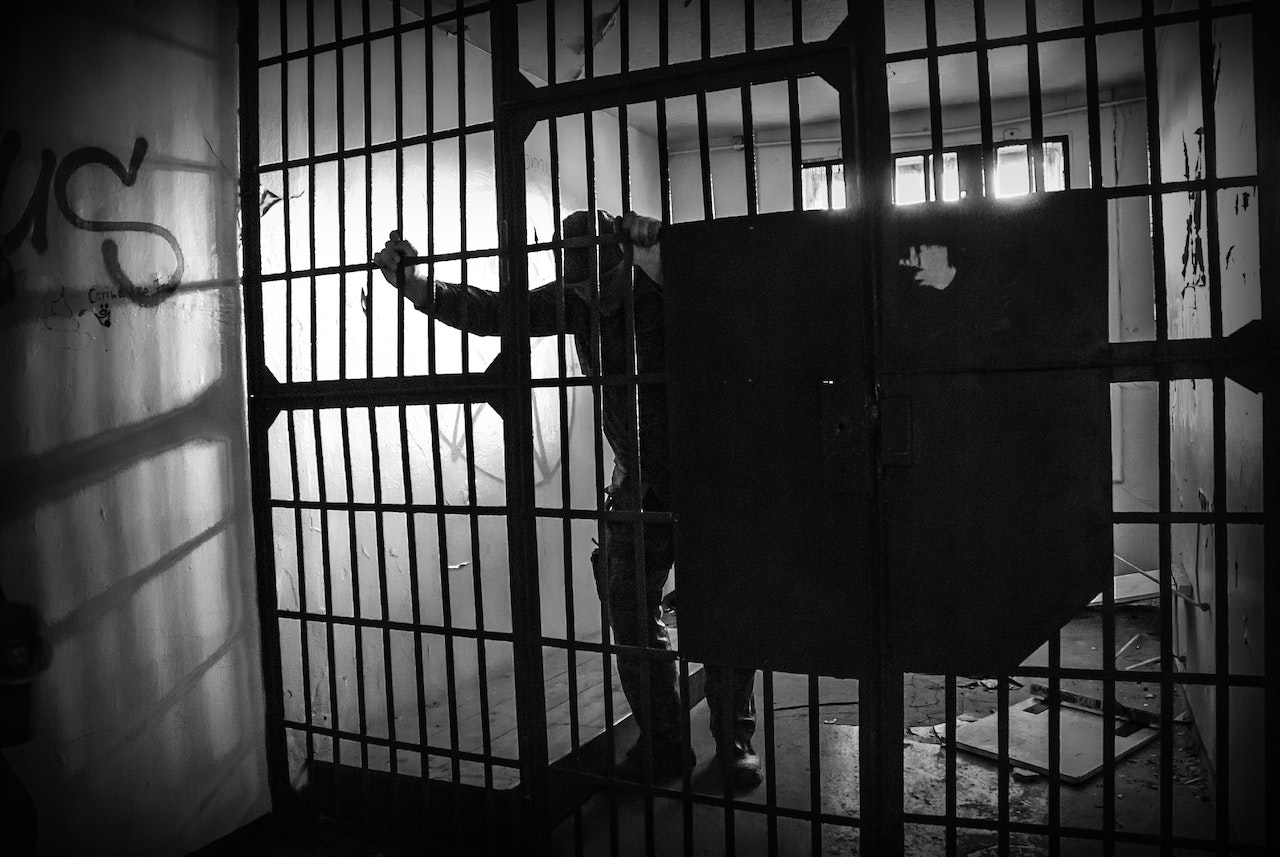US justice system: UN experts demand reforms to systemic racism

UN human rights experts have issued a compelling call for major overhauls of the United States’ criminal justice system to combat systemic racism.
The report unveils distressing revelations the mistreatment of incarcerated individuals, with Black women being shackled during childbirth and male inmates subjected to grueling “plantation-style” conditions.
Three UN-appointed experts conducted fact-finding visits to US prisons in April and May, uncovering practices described as “an affront to human dignity.”
Shocking Practices of US Justice System
One of the most shocking practices outlined in the report is the restraining and shackling of women prisoners during childbirth. The experts were deeply disturbed by the firsthand accounts they heard, with pregnant women revealing their heart-wrenching experiences of giving birth while chained, which tragically led to the loss of their babies. It is important to note that all the cases reported in this context involved Black women.
The report also brings to light dire conditions at a Louisiana prison where thousands of predominantly Black male inmates were allegedly “forced to labor in the fields (including picking cotton) under the watch of white ‘freemen’ on horseback, in conditions strikingly reminiscent of those from 150 years ago.”
Modern Forms of Slavery
These stories from the so-called ‘Angola’ facility are labeled as “shocking” and, in the eyes of the UN experts, tantamount to “contemporary forms of slavery.” The report also raises concerns about the disproportionate use of solitary confinement, particularly on inmates of African descent, with one Black man reportedly enduring 11 years of uninterrupted isolation.
Juan Mendez, one of the experts involved in the investigation, emphasized, “Our findings point to the critical need for comprehensive reform.”
The deplorable conditions within US prisons have been a source of concern for decades, with human rights organizations advocating for the reform or closure of facilities with the worst track records.
Enjoying this article?
Subscribe to get more stories like this delivered to your inbox.
The report draws upon testimonies from 133 individuals residing in five US cities and from five detention centers. It lays out a comprehensive list of 30 recommendations aimed at US authorities, including a call for the establishment of a new commission to address reparations for people of African descent.
The photo above is from Pexels
Journalist
